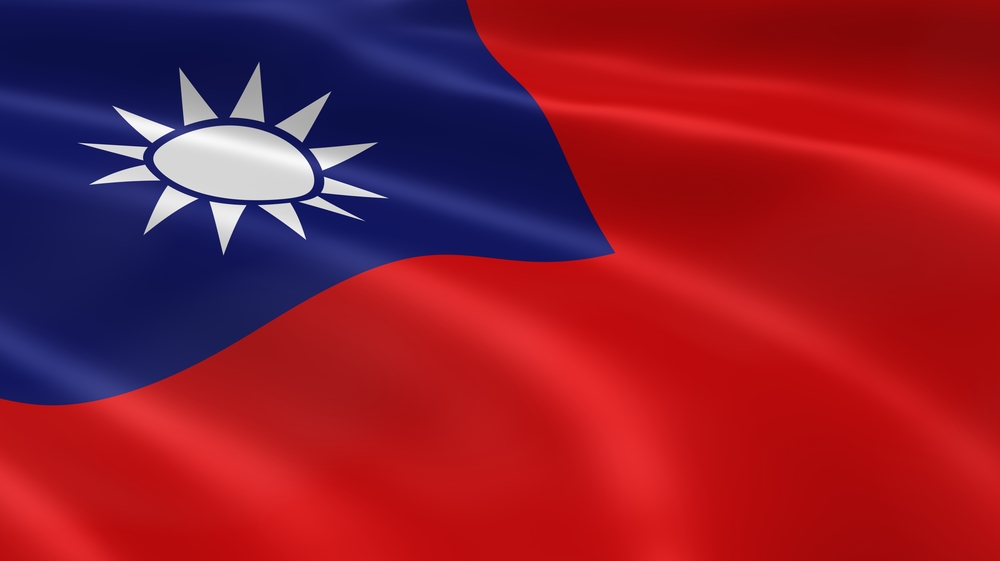Taipeh – Taiwan is tightening rules on mainland investment on the island, barring individual and corporate mainland Chinese investors with links to the government, political parties or the military.
The decision follows a ban on settlement on the island by Hong Kong residents with mainland Chinese citizenship and who work for the mainland government, political parties or military.
Taiwanese officials said that the new regulations were meant to close loopholes and were in line with tighter rules in the United States and Europe on mainland Chinese investment.
“We have amended Article 3, 4 and 6 of Regulations Governing the Permission of Investment by Nationals in Mainland Area, to redefine the status, proportion and structure of Chinese investment in Taiwan,” Su Chi-yen, a spokesman for Taiwan’s Investment Commission, said.
Under the changes, companies in which the mainland government, political parties or military have a stake will be barred from investing in Taiwan. The same applies to companies in which the board is controlled by mainland Chinese stakeholders.
The new ruling also redefines mainland Chinese investment in foreign companies.
Su said that previously any company with more than 30 per cent mainland Chinese ownership was considered a mainland company.
However, if, for example, a 40 per cent mainland-owned company had a 40 per cent stake in a foreign subsidiary, the subsidiary would still be considered a foreign firm, because the mainland-controlled company would only own a total of 16 percent of the subsidiary.
“But under the new rules, the subsidiary company will now be considered a Chinese company,” he said.
Su said the restriction was to prevent mainland China from skirting the island’s regulations to expand its economic influence on the self-ruled island.
Beijing regards Taiwan as a wayward province that must ultimately be brought under its control – by force if necessary. Tensions between the two governments have been especially high since Tsai Ing-wen, who rejects Beijing’s claim, won a second term as the island’s president in May.
Su said the mainland’s attempt to increase its economic influence around the world had come under scrutiny from other governments.
“Places like the US, Japan and Europe are tightening foreign investment requirements for China, and what we are doing is in line with the international trend,” he said.
The new ruling is expected to come into effect later this year after a 60-day public consultation period from Thursday. The rule is not retroactive, meaning some companies like online merchandiser Shopee may avoid being considered mainland-invested.
Although mainland Chinese internet giant Tencent is the biggest shareholder of Shopee’s Singaporean parent company, Sea – with 39.7 per cent of its shares – Shopee, which has operated in Taiwan since 2015, is still considered a non-mainland invested company.
But online shopping firm Taobao Taiwan might not be in the same position, with its status still under review by the Investment Commission.
Taobao Taiwan was launched last year by Claddagh Venture Investment, which is registered in Britain and linked to mainland China’s Taobao Marketplace, which is itself run by mainland e-commerce giant Alibaba Group Holding. Alibaba owns the South China Morning Post.
“Taobao Taiwan and Taobao China are two entirely different platforms, and a number of the products sold online from Taobao Taiwan come from abroad and other countries,” Taobao Taiwan spokeswoman Ko Chung-ning said.
Ko said Alibaba’s stake in Claddagh Venture was less than 30 per cent. (SCMP)

